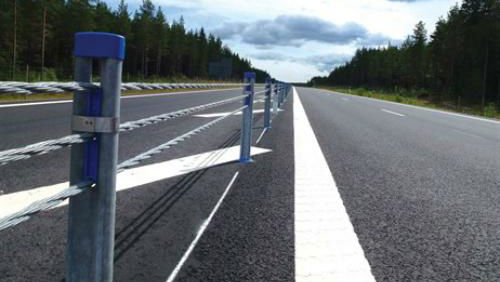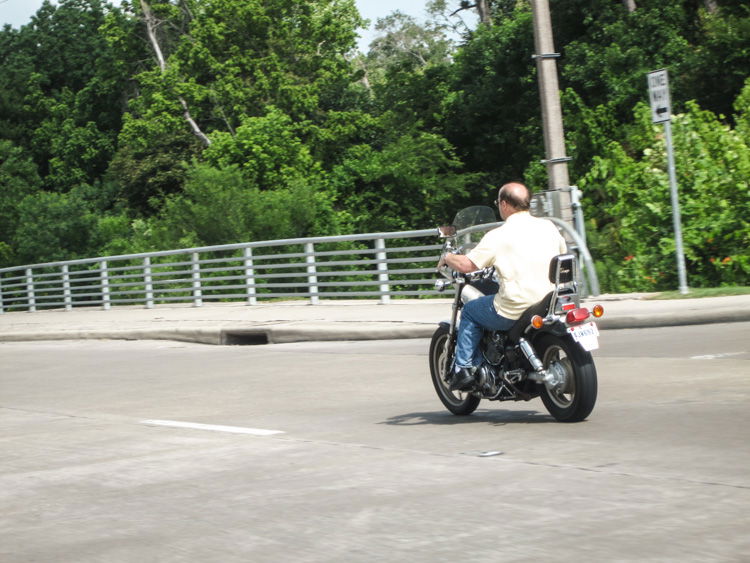Northern Ireland DfI accepts wire barriers are a hazard to bikers
The Norther Ireland Department for Infrastructure has accepted that wire rope motorway barriers pose a hazard to motorcyclists

AFTER a meeting between the Motorcycle Action Group NI (MAG) and the Department for Infrastructure earlier this month, an agreement has been reached that confirms wire rope barriers pose a significant hazard to motorcyclists.
The meeting was held to discuss MAG’s concerns over the continued use of the vehicle restraint systems that utilise wire rope and steel posts.
The system has been widely used across the UK since the beginning of the 2000s, with the main aim of the barrier to help steer a car or other four-wheeled vehicle back onto the carriageway with the direction of traffic.
Sadly though, little consideration to two-wheeled road users was taken, with many motorcyclists – me included – fearful of the steel rope and post arrangement. The problem is that many motorcycle crashes wither begin or end with a slide along the road, often that slide is punctuated with a collision at the end of it. Should a motorcyclist come into contact with a rope and post barriers at almost any speed above 30mph, it doesn’t take a scientist to figure out that the consequences would be catastrophic at best, and fatal at worst.
Now though we do at least have some agreement from the Northern Ireland DfI on the matter, as officials from the body have agreed that the barriers pose a ‘hazard’ to motorcyclists.
At the end of the meeting with MAG NI, the DfI accepted that rope and post barriers are a hazard to motorcyclists and that they are going to actively promote the use of safer systems at high risk locations. The DfI is also going to work with local universities to help research the issue with the aim of developing a barrier that is safer for motorcyclists while still being appropriate for larger road vehicles.
MAG Northern Ireland Rep, Martyn Boyd, said:
“I am delighted that we had a positive meeting and that our perspective was accepted. Clearly there is much work still to be done, but this is a good step forward. I would particularly like to thank Kellie Armstrong and Rachael Woods – the only MLA’s who showed interest in this road safety issue – for making this meeting possible. We look forward to continuing constructive dialogue with the Department.”
While the move sounds like it is only good news for those living in Northern Ireland, the fact that it has been recognised at such a high level within Stormont should help to give the subject more exposure across the UK and further afield.








